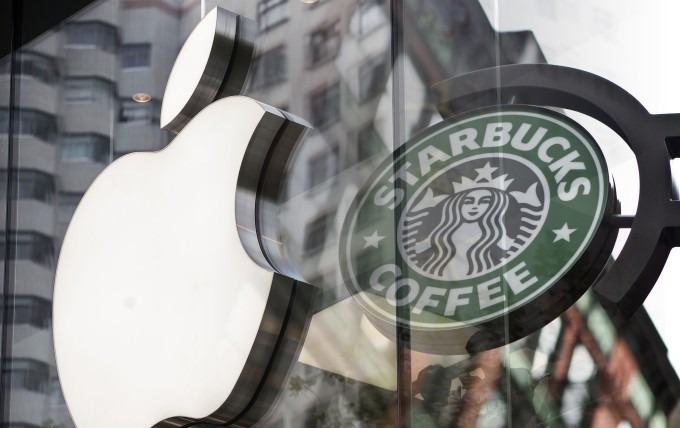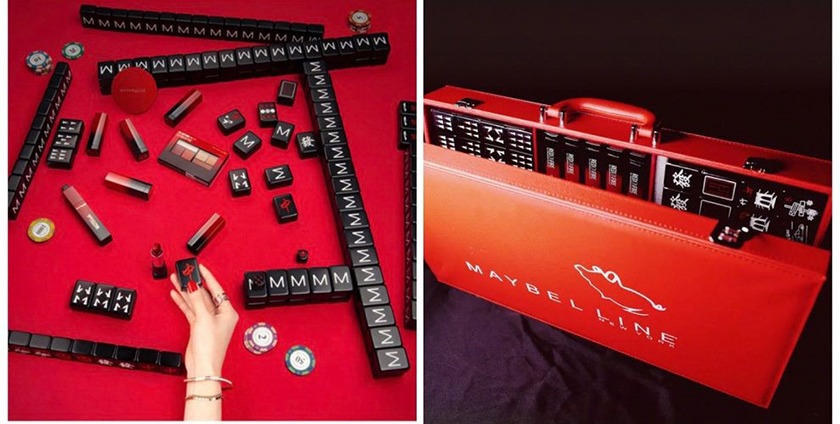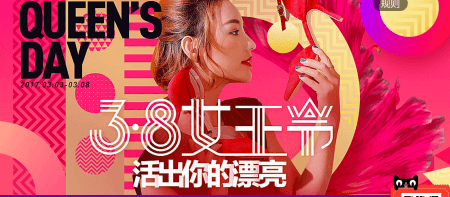
The Key To Marketing In China: Cultural Sensitivity
China, the world’s second largest economy by nominal GDP, is one of the most sought-after markets for overseas businesses.
To expand into this lucrative market, brands need to develop an understanding of Chinese culture to both empower their marketing campaigns and avoid anything that could potentially offend Chinese consumers.
China, which operates as a socialist market economy, remains an untapped and rather mysterious market for many overseas businesses. Still, as the Chinese government has gradually opened up its economy to outsiders more and more businesses have been fighting to get in. With the increasing disposable income of Chinese consumers (China surpassed the US as the world’s biggest retail market in 2019!), conquering the China market has become a must-do for many of them.
For those who are interested in doing business in China, there is quite a lot to figure out, but developing a sense of cultural sensitivity is one of the largest hurdles most brands face particularly when it comes to marketing. This has been exemplified by recent issues faced by The NBA, Blizzard-Activision, and most recently Dior.
Importance of cultural sensitivity – Differentiating your brand in the China market
As stated in a famous Chinese idiom, “Men can’t live without face, trees can’t live without bark”, the concept of face (mianzi) is closely related to “dignity” or “prestige.” This idea is deeply ingrained in Chinese culture and leads people to pursue things that can show their success. This is most often represented by the strong demand for luxury goods in China, as the consumption of an expensive brand can act as a powerful status symbol. At this stage if you’re trying to expand your product to Chinise market, you may want to check best luxury branding agencies list that we have prepared it before.
This mentality increases the demand for brand-name goods, which benefits brands selling high quality, luxury products. In fact, over the past decade, China has taken the lead in luxury shopping. Despite the country’s slowdown in economic growth, the crackdown on gifting, and a weaker currency, the luxury goods market has remained relatively stable. In 2017, China’s retail sales value of the personal luxury goods amounted to around 105 billion euros, ranking second after the United States. For non-luxury brands, they can also take advantage of the “face” mentality by positioning and associating themselves with “prestige” and “elitism” through their marketing and product packaging.

Brands can also incorporate cultural elements into their products by launching exclusive collections to celebrate Chinese festivals. This is particularly popular

The campaign was a resounding success with hundreds of bloggers across all major Chinese social media platforms posting about it. While most brands still struggle to come up with products that incorporate Chinese cultural elements, Maybelline has shown that it knows how to connect with the local culture with its special products.
Check out Dragon Socia’s post, 9 Eye-Catching Products for Chinese New Year 2019! to discover some of the other successful products launched for Chinese New Year in 2019. !
Importance of cultural sensitivity – Choose the right medium to deliver your message
Cultural sensitivity is incredibly helpful in crafting marketing strategies in China, as it helps you to choose the right marketing channels and spokespersons for your brand.
For people living in China, the Internet and social media have become an indispensable facet of their daily lives. As of 2019, the internet population in China had reached 829 million, which occupies 59.6% of the total population. Amonga variety of social media platforms, WeChat definitely takes the lead. Apart from its messaging functions, it incorporates several features which allows users to book taxis, pay bills, read the news etc. As of Q2 2019, the app had 1.32 billion users (nearing a 90% penetration rate). With such popularity, WeChat has become one of the most effective marketing tools for businesses to grow their digital presence in China.
In general, social media marketing is more popular in China as compared to the rest of the world. However, the Chinese internet is far more fragmented and walled off than in the West. For example, users on one of China’s most popular social media platforms, Sina Weibo cannot share content posted on WeChat. With so many popular platforms like Zhihu (Q&A platform) and TikTok, the short-video app gaining massive popularity among youngsters in China, it can be tough to determine which platform to focus on without understanding Chinese internet culture. Brands should consider their target audiences’ preferences and usage behaviours, as well as their industry scope while choosing a suitable channel to deliver their marketing message.
With the prevalence of social media, the rise of KOL (Key Opinion Leaders), or influencers, has been incredible. Compared to traditional celebrity endorsements, Chinese people are more in favor of KOL marketing, as they value peer-to-peer advice and consider those opinions more genuine and trustworthy. A Mediakix survey at the end of 2018 found that 49% of consumers depend on KOLs’ recommendation for their purchasing decisions. The numbers are even higher for Millennials and those in Gen-Z!
To do KOL marketing correctly, choosing a suitable KOL on the right platform is very important. A suitable KOL should be relevant to your industry and has established trust within the community. For example, XiaoHongShu is a social ecommerce platform focusing on beauty and fashion. It has a UGC community where users, predominantly females, post and share shopping tips and product reviews. If you sell lipsticks, it would be nice to have some beauty KOLs to create promotional content for you on the platform. If you have a large budget, you can even cooperate with some big names, such as Li Jiaqi!
To do KOL marketing correctly, choosing a suitable KOL on the right platform is very important
Importance of cultural sensitivity – Craft a powerful marketing message
To craft a powerful marketing message that resonates with audiences, being sensitive to local culture is of paramount importance. Misunderstanding the culture, or a failure to react to cultural shifts can result in tarnishing your brand image, or even worse, getting you kicked out of the market entirely. Maybe you should think about working with international digital agencies in Shangai.
For example, when it comes to gender roles historically, women held a subordinate role to that of men due to the influence of Confucianism. Although this ideology still prevails in some Chinese communities, the role of women has begun to change as they gradually take up more senior roles in the workplace. Their legal and social status has greatly improved that many TV series features highly-educated women with well-paid professions.
Here is where the theme of women’s empowerment

Some brands have built a positive brand image through delivering related marketing messages. In 2016, SK-II launched an ongoing media campaign #ChangeDestiny to address the concerns and stress faced by Chinese “leftover women” – women who have not gotten married before the age of 30. It embraced the brave and inspirational women who do not let pressure dictate their future and encouraged women to take control of their destiny.
The campaign achieved phenomenal success which helped SK-II to build a reputation of speaking up for single women and hitching themselves to the women’s movement in China. It demonstrated the importance of relating to societal issues in Chinese culture and showed how creating an emotional impact can pay dividends for brands in China.
While not aligning with the cultural values may lead to loss of market opportunities, touching on taboo topics can be disastrous, as it is usually followed by a boycott movement if the issue is not tackled appropriately.
With increasing patriotism in China, brands should pay extra attention when dealing with politically sensitive content, such as the undisputable topic of territorial borders. Last year, Delta Air Lines, Qantas, and Zara all had to update their websites for listing Hong Kong and Taiwan as countries separate from China. The Marriott’s website in China was shut down after categorizing Tibet, Taiwan, Hong Kong, and Macau as separate countries as well.

Another recent example would be the luxury
Apart from Tiffany & Co, the shoe company Vans was also forced to remove a shoe design by a Canada-based artist that supported Hong Kong’s pro-democracy movement for its annual Custom Culture shoe contest. Meanwhile the NBA has lost several Chinese partners after the general manager of the Houston Rockets voiced support for Hong Kong protesters in a tweet.
While being sensitive to political content may be regarded as an act of self-censorship, If China is an important market for your business, brands should choose to play it safe by keeping a low-profile as the backlash caused can lead to irreparable damage to your brand. It would be helpful to work with a local digital agency. We listed the best digital agencies in Hong Kong..
Doing business in China is never an easy task. Before entering the market, brands should be aware of the cultural differences to both empower their marketing campaigns by relating to Chinese consumers and ensure they are not met with any backlash. Also, learn more about A Full Guide To The Leading Chinese Social Commerce Little Red Book from our article.























